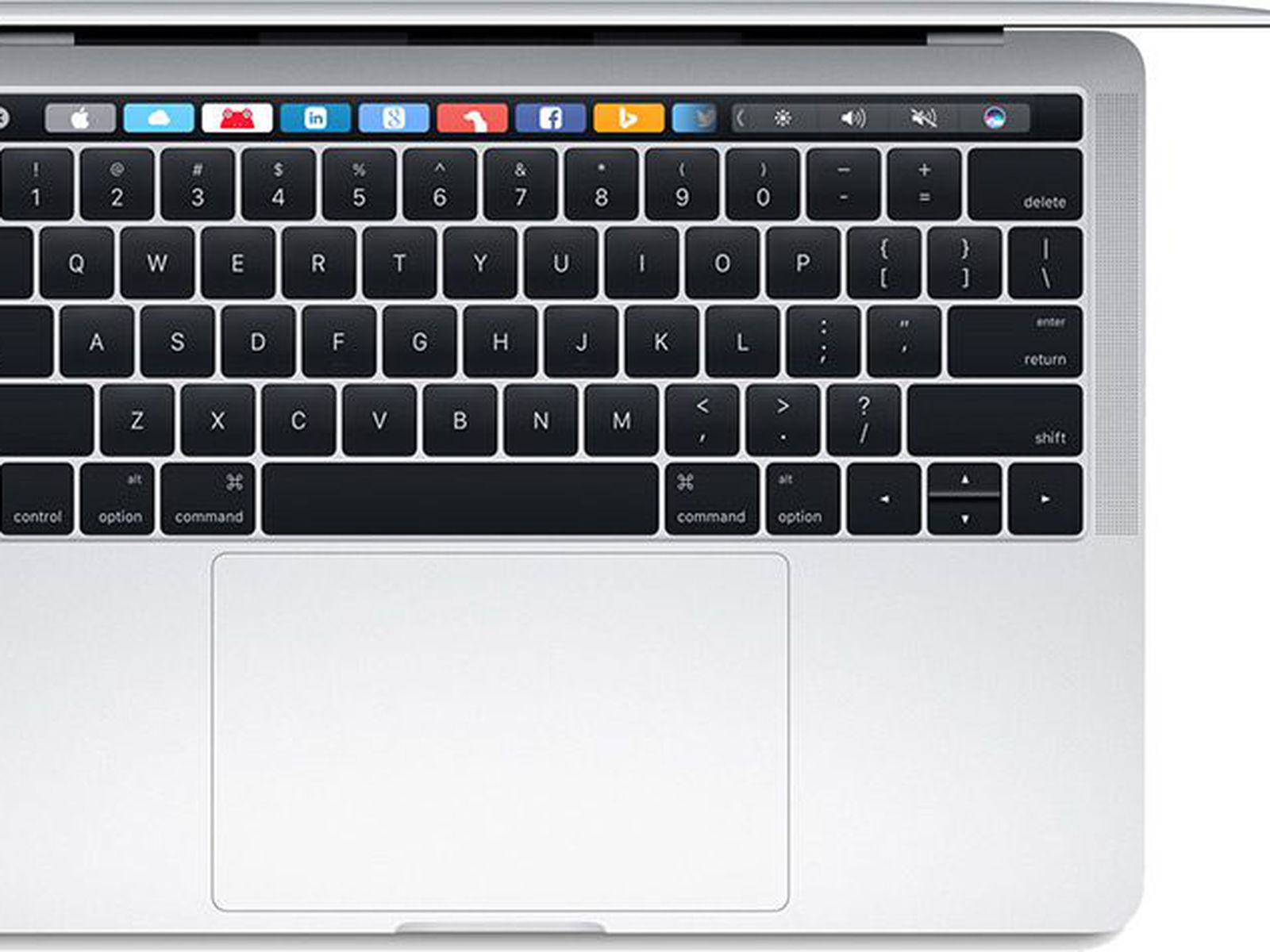

- #Windows mac keyboard break key install#
- #Windows mac keyboard break key drivers#
- #Windows mac keyboard break key driver#
- #Windows mac keyboard break key software#
This is only necessary if you didn’t install the Razer driver. With KeyRemap4Macbook it’s no problem to enable the media keys (FN+F1 Mute, FN+F2 Volume down etc.).

#Windows mac keyboard break key driver#
No Razer driver installed: Enabling media keys Until now I didn’t get all function keys to work.īut the M1-M5 macro keys also work as function keys (F13 – F17) – argh! To fix: Just assign a macro to each of the five keys (either via on-the-fly macro creation or with the Razer software) – and the macro keys work as they should.īTW: The layout shown in the Razer app isn’t correct (of course, that would be too easy): F18 and F19 do not exist. The “Print”, “Scroll lock”.keys work as function keys (F13 – F15), so ignore the labels and you’ve got 15 some function keys, which can be mapped to Expose, Spaces etc. And maybe, one day, Razer will support the “PC” keyboard at a Mac, who knows… If you installed the Razer drivers: Macro & Function keys

The driver can be uninstalled without problems, so you can try it out. But the disadvantage is that the function keys don’t work correctly… Until now it wasn’t possible for me to access F5, F6 and F7. If you DO install the razer drivers, you can use the macro recording function and the media keys (volume, track fwd. Even “macro recording on the fly” doesn’t work – for whatever reasons the driver needs to be installed. The media keys (volume etc.) also don’t work out of the box, but this can be fixed with KeyRemap (see below). If you DON’T install the razer drivers, the function keys work perfectly – but the five macro keys are without function. You get an application for remapping keys, creating macros and profiles.
#Windows mac keyboard break key drivers#
Now you could install the Mac drivers from – even if their FAQ states they don’t work.
The Gaming Mode switch which disables the Windows and Application keys is of course completely useless on the mac.,. To access the shutdown menu (usually Control + Eject), you can use FN + F15 (“Sleep mode”), this works nicely. If these don’t work, see below for a solution Volume and media keys work like labelled on the keys: FN + F1 toggles Mute, etc. Then choose “Change Key”, click “Reload XML” and if you copied the XML correctly you see a new entry “Razer Win_key to Alt_R”.Īs soon as you enable it, the “application key” now finally works as option key. KeyToKey- Ke圜ode::PC_APPLICATION, Ke圜ode::OPTION_R If you install the keyboard the first time, OS X asks you to press one key in order to identify the keyboard (For a German layout that’s the “ Additionally there are 5 Macro keys (M1-M5) to the left and an FN-key at the bottom to modify volume, record macros – and. To the right of the 12 function keys (F1-12) there are the typical 80s IBM keys: “Print”, “Scroll Lock” and “Pause/Break”. Instead of option (alt) keys a “windows key” on the left and the “application key” on the right. This is a standard PC keyboard layout, so. #Windows mac keyboard break key software#
The firmware updater is only available as Windows software.  But: The OS X drivers work flawlessly with the “PC edition”. According to the FAQ they absolutely don’t work with the “PC edition”. There are OS X drivers from Razer, but only for the “Mac edition”. That’s where things get confusing aka annoying: There is also a “Mac edition” – but it wasn’t available in Germany and costs about 50€ more than the standard edition, just for having USB ports and illuminated keys. The BlackWidow keyboard has a PC layout (which I’ll call “PC edition”). It’s called a “gaming keyboard”, so after unpacking you’re official member of the “Cult of Razer”. “BlackWidow” is a mechanical keyboard for a reasonable price, lightyears better than the default apple keyboard. This is probably useful only to a few people – but if you are one of the mac users who bought a Razer BlackWidow keyboard (PC), this should be helpful. Use Razer BlackWidow (PC Edition) on a Mac
But: The OS X drivers work flawlessly with the “PC edition”. According to the FAQ they absolutely don’t work with the “PC edition”. There are OS X drivers from Razer, but only for the “Mac edition”. That’s where things get confusing aka annoying: There is also a “Mac edition” – but it wasn’t available in Germany and costs about 50€ more than the standard edition, just for having USB ports and illuminated keys. The BlackWidow keyboard has a PC layout (which I’ll call “PC edition”). It’s called a “gaming keyboard”, so after unpacking you’re official member of the “Cult of Razer”. “BlackWidow” is a mechanical keyboard for a reasonable price, lightyears better than the default apple keyboard. This is probably useful only to a few people – but if you are one of the mac users who bought a Razer BlackWidow keyboard (PC), this should be helpful. Use Razer BlackWidow (PC Edition) on a Mac








 0 kommentar(er)
0 kommentar(er)
